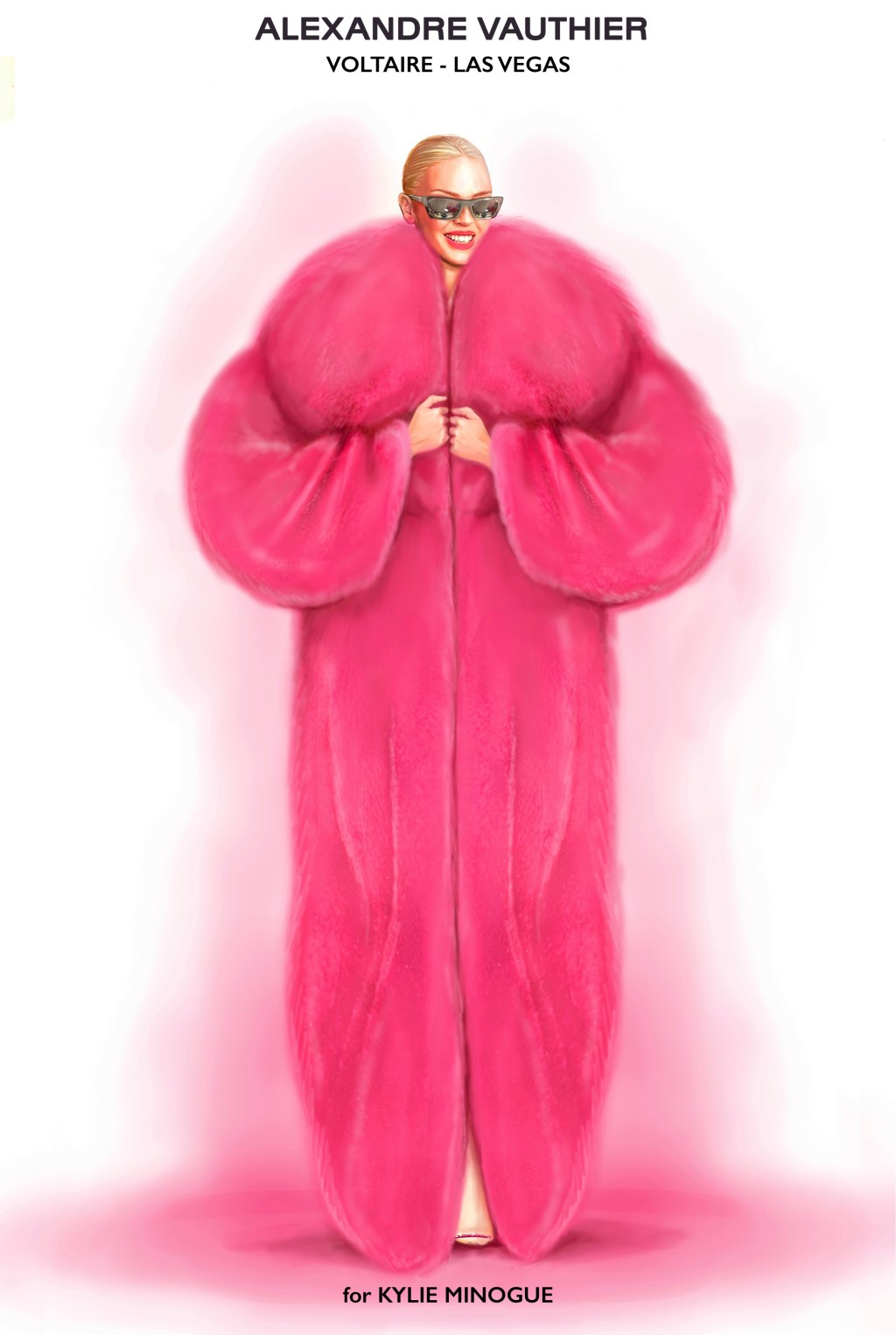Hollywood is breathing a sigh of relief.
“Everybody can exhale again,” said Eva Longoria of the day’s breaking news. SAG-AFTRA has officially reached a tentative agreement with studios, heralding an end to the actors’ strike.
It’s also opened the door for stars to chat with reporters again.
“Finally,” she went on. “I mean, hallelujah. Finally, let’s go. Let’s f–king go. Let’s get back to work.”
The topic was on everyone’s lips at the Academy Women’s Luncheon in Los Angeles. Held inside the glass dome at the Academy Museum of Motion Pictures on Thursday afternoon — under a particularly blazing sun — it was the first industry event since the announcement had been made.
“Today is a good day,” said Janet Yang, president of the Academy of Motion Picture Arts and Sciences. “We were all waiting with bated breath. We were hoping, hoping, hoping and finally the time has come. And it’s just eased the tension.”
Not completely, however. Nothing is set just yet, with the deal awaiting approval from the union’s national board on Friday. While the pact reportedly includes pay increases and regulations on AI, specifics have yet to be shared.
“I haven’t read any of the details,” said Rita Wilson. “And of course, the board has to ratify it. So, we don’t know yet if it’s actually going to be the end of the strike. But at least we have an agreement we can look at.”
That was the general sentiment all around.
“I don’t know if all the details are out yet, and we don’t know exactly what happened and everything, but I’m super happy,” said Lily-Rose Depp, star of HBO’s “The Idol.” “I’m super excited, you know, for us all to get back to work.”
Presented by Chanel, the event brought out the French house’s leading ladies; joining Depp were fellow brand ambassadors Kristen Stewart, Sadie Sink and Riley Keough, all arriving pristine in head-to-toe looks by Virginie Viard. Depp — following in the footsteps of mom Vanessa Paradis as muse — opted for pink tweed. It’s look one, in fact, from the spring 2024 pre-collection.
“I haven’t been to an event in a minute, and I was just craving a little, perfect tweed suit and nobody does that better than Chanel,” Depp said of her look, a jacket and skirt. “And I saw this one as soon as I got to my fitting, and I loved the color.”
Her white heels, worn-in with scuffs, looked personal.
“They are,” she laughed. “They are. I was like, ‘Is it OK if my shoes are a little beat up?’ Because they’re well-loved. But, you know, it just goes to show I really do wear them. And I like shoes that have a little wear and tear to them.”
For Chanel, supporting the event — which brings together women in film — continues its commitment to celebrate the craft and help empower women in the industry.
“I’m so happy to be here,” Depp added. “I mean, I think that Chanel supporting this initiative is so beautiful and so important. It really is at the heart of what Chanel has always done. It’s a woman-founded company, and Gabrielle Chanel has always been a supporter of film, especially women in film.”
Longoria emphasized the power of unity: “It’s important to be in community with our sisters in the media. It’s important for us to see each other, converse with each other, collaborate with each other. We’re so far from gender parity, in not only this industry but across all industries.”
While bringing together the film community, the Academy hosts the luncheon to champion two emerging women filmmakers through its one-year Gold Fellowship for Women program. Now in its sixth year, the organization recognizes both a U.S. and international fellow. Receiving $35,000 each, as well as mentorship and networking opportunities, the 2023 recipients are two writer-directors: L.A.-based Erica Eng, a fifth generation Chinese American who grew up in Oakland, Calif., and South Korea’s July Jung.
“These fellows were chosen by a committee of women members from the Academy from all different branches,” Yang explained. “And they just identified some people who have unique voices and are really able to connect to audiences through their work.”
Gina Prince-Bythewood, who’s been among the picketers, hasn’t attended many events this year, she said, but she made sure to show up for this one.
“I have said ‘no’ to a lot of things this year, just for rest,” said the American film director and screenwriter. “But this was really special. It’s a chance for all of us. We never get to see each other, and this is women from all different stations inside of the industry. It’s a beautiful thing to support each other, see each other and commiserate as well.”
On stage, America Ferrera — whose keynote speech received a standing ovation — shared some stats with the room.
“I am personally devastated yet again by the latest Annenberg Inclusion [Initiative] report [from the University of Southern California] released just this week that declared that Latino representation in film has not improved in 16 years,” Ferrera told the crowd, which included Annette Bening (who introduced Eng), Lupita Nyong’o, Gina Gammell, AV Rockwell, Molly Gordon, Ashley Park, Greta Lee, H.E.R., Dylan Meyer (engaged to Stewart), Leslie Mann and daughter Maude Apatow.
“While we are 19 percent of the population, we represent nearly 4 percent of lead or co-lead characters in major films over the last 16 years,” she continued. “And of those roles, more than half — 57.8 percent — are portrayals of criminals. So according to numbers, the dominant narrative our industry puts into the world about Latinos is that either we don’t exist or we’re poor immigrant criminals. This system of dehumanization and erasure is felt in unique ways by our indigenous, AAPI, Black, LGBTQIA and trans sisters, and all marginalized communities.”
The loudest voice offstage was American film director, screenwriter and producer Patty Jenkins who didn’t shy away from speaking her mind.
“They need to do a real inventory on who their voting population is and ask themselves if they think that that’s a fair judgment of people’s films every year,” she said of the Academy, adding that the biggest issue is the lack of diversity of story.
“I think everybody can put effort into bringing up the next generation of filmmakers, put effort into making all of the narrative world that then talks about whose film is successful and not to acknowledge that it’s a very uneven playing field right now,” she went on. “And, you know, for me, it’s championing the next generation to not only get their films made, but get them treated right.”
Wilson, who’s on the Academy Board of Governors, said it plainly: “We need as many different stories and perspectives as possible.”



